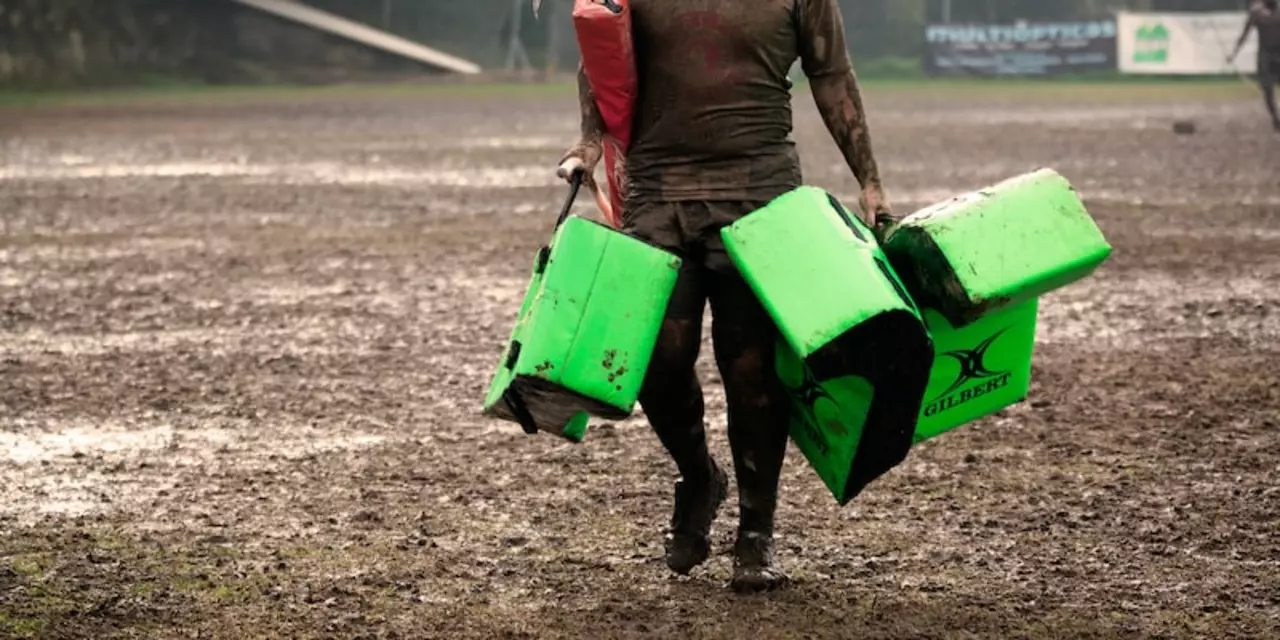How to Become a Rugby Referee
If you love rugby and want to stay on the field without playing, becoming a referee is a solid choice. It’s not just about blowing the whistle – you’ll need to know the laws, stay fit, and keep learning. Below is a plain‑spoken road map that takes you from curiosity to your first match.
Check the Basics
The first gate is age. You must be at least 18 years old to sit for the official World Rugby referee course. That rule keeps the job safe and ensures you can handle the responsibilities on adult games. If you’re under 18, many clubs still let you help with junior matches as a volunteer, which is a great way to get a feel for the role.
Enroll in the World Rugby Course
The core credential is the World Rugby refereeing course. It splits into two parts: an online theory section and a face‑to‑face practical session. The theory part covers the rulebook, player safety, and game management. You’ll answer quizzes and watch video examples to prove you understand each law.
The practical session is usually run by your county or regional rugby union. You’ll practice positioning, signals, and communication on the pitch. Trainers watch you and give real‑time feedback. Passing both parts earns you a referee certificate and lets you officiate local matches.
Register and Get Your Badge
After you pass the course, you need to register with your local rugby union. They’ll issue a referee badge with your name and a unique number. This badge is required for every game you officiate, and it also links you to the union’s schedule system where you’ll see upcoming match assignments.
Start Off With Lower‑Level Games
Most new referees begin with youth or lower‑division adult games. These matches let you apply what you learned without the pressure of high‑stakes competition. Don’t be shy about asking for feedback after each game – senior referees and coaches often share useful tips that speed up your development.
Stay Sharp With Ongoing Training
Rugby laws change, and good referees stay up to date. Your union will run regular seminars, fitness tests, and refresher courses. Treat them like a job requirement; missing them can stall your progress. Also, watch recent match footage and note how experienced referees handle tricky situations.
Pick Up Practical Tips
Here are a few things that help new referees settle in:
- Arrive early, walk the field, and note any uneven spots that could affect play.
- Keep your whistle clean and replace it often – a weak whistle makes communication hard.
- Use clear, consistent signals; players rely on visual cues as much as on words.
- Stay fit. You’ll be running, backing up, and moving constantly, so a good cardio base matters.
- Stay calm when players argue. A steady voice and a confident stance often de‑escalate tension.
With dedication, the path moves quickly. After a season or two of local games, you can apply for higher‑level matches, like regional leagues or even national fixtures. Each step brings new challenges, but the core of the job stays the same – enforcing the laws fairly and keeping the game safe.
So, if you’re ready to swap the sidelines for the centre of the action, start by signing up for the World Rugby course. Follow the steps, stay hungry for feedback, and you’ll find yourself officiating the matches you love in no time.
How do you become a rugby referee?
Rugby refereeing is a rewarding and challenging job. To become a rugby referee, you must be at least 18 years old and pass the World Rugby course. This course includes an online theory component and a practical component which is conducted in person. Once you have passed the course, you will be able to officiate at local matches and work your way up to higher level games. You will also need to attend regular training sessions and seminars to keep up to date with the laws of the game. With dedication and commitment, you can become a successful and respected rugby referee.
